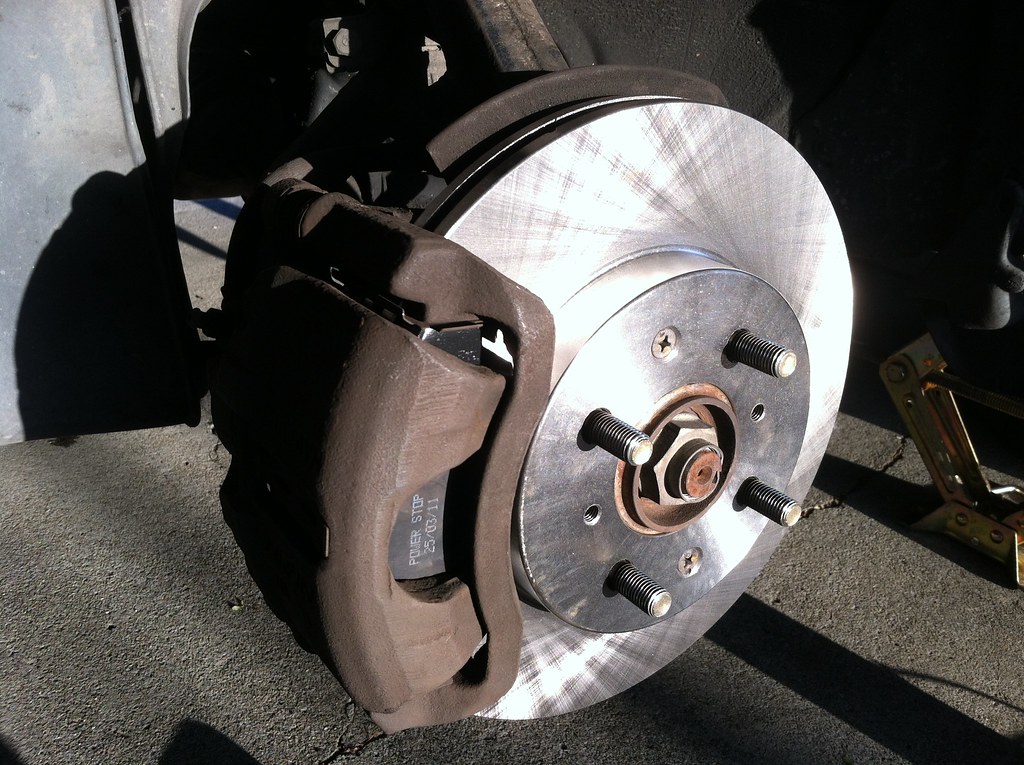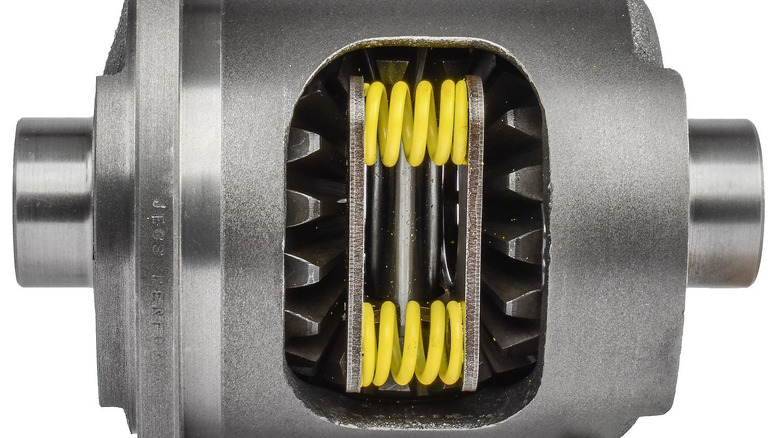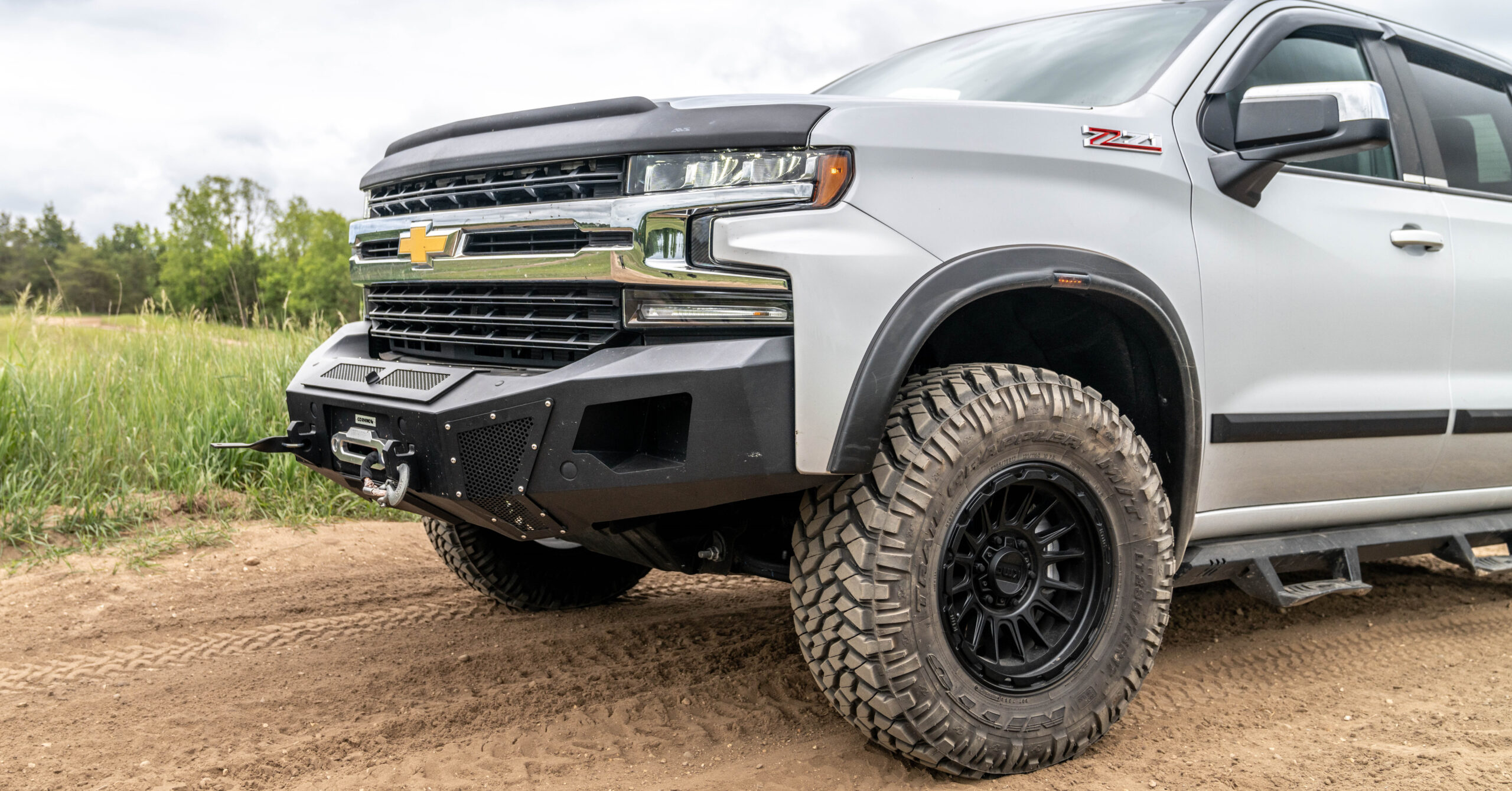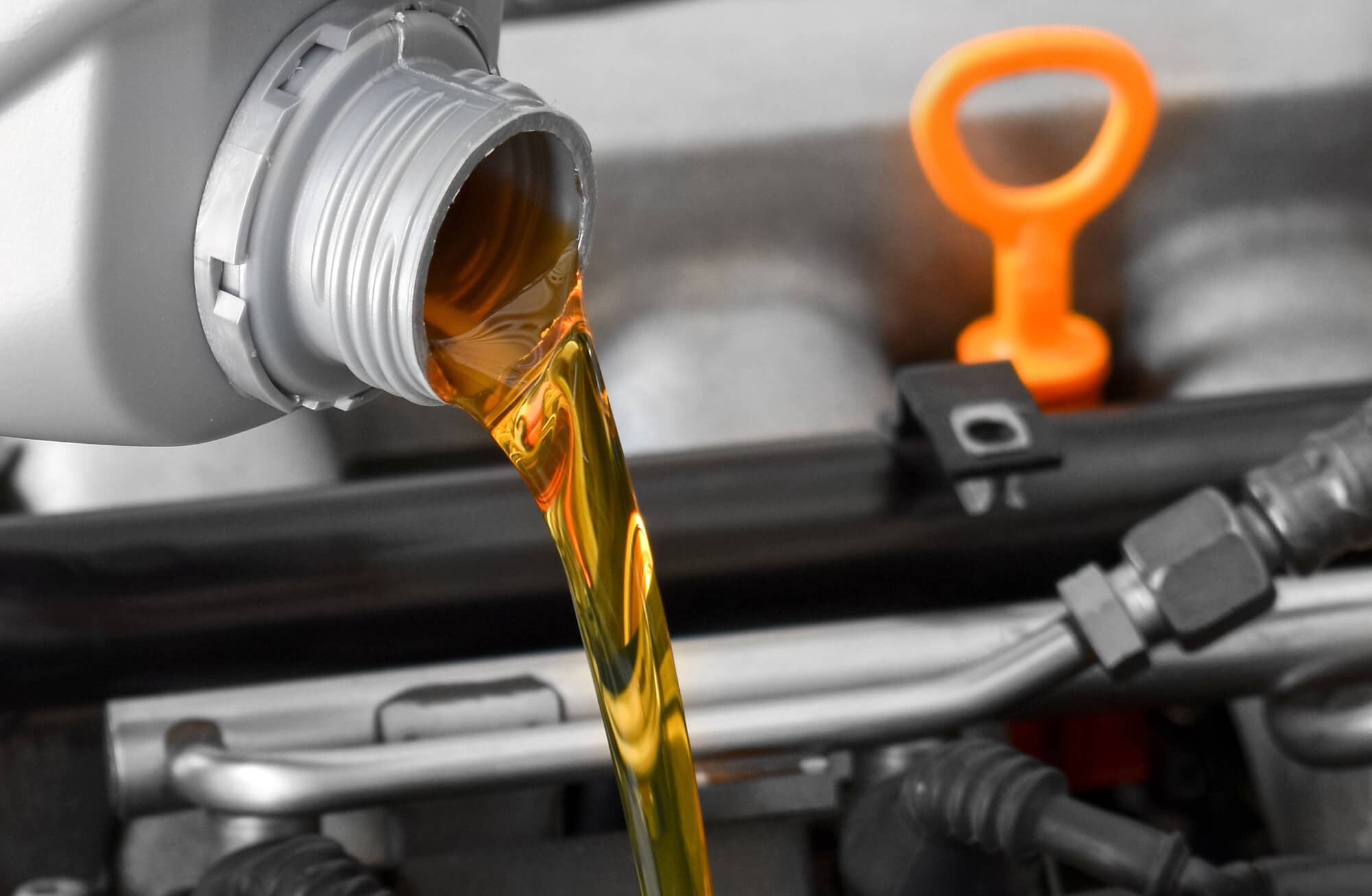A car is an extremely complex technical system, which consists of many different nodes. The braking system is one of the most important, because thanks to it the driver has the ability to control his car, reducing its speed. Of course, like any other system, brakes can break. Most often, drivers begin to encounter brake screeching, which greatly interferes, moreover, shows that something is wrong.
Brake grinding is one of the most disturbing sounds a car can make. It doesn’t bode well. Sure, this sound can be relatively harmless, but if you do constantly hear brakes grinding, it could signal that you’re probably facing a rather dangerous problem.
It’s hard to argue that even at the slightest sign of brake failure, you should check your brakes thoroughly to avoid a potentially dangerous situation on the road. After all, brake failure greatly increases the likelihood of an accident because the driver simply can’t stop. As soon as you hear the screech of your brakes, it is recommended to stop gently to inspect the condition of the car.
Why Can the Brakes Grind?
There are many factors that can cause grinding:
• Worn pads. The pads are the part of the brake system that presses against the disc and slows it down. Constant loads lead to wear. Pads are a consumable item that must be changed after reaching a certain mileage. It should also be borne in mind that pads can be of very poor quality, which is why their use is also extremely dangerous. They also can squeak.
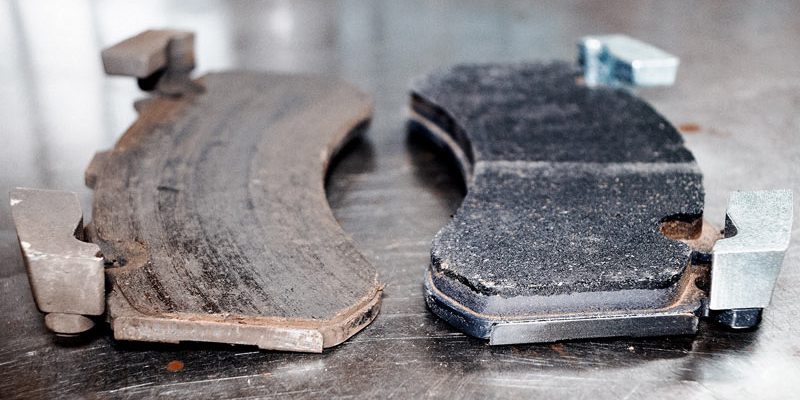
• Small debris on the surface of the brake pads. Another classic problem of squealing brakes – liquid dirt or clay, getting on the working surface of the brake pads, dries up and makes terrible sounds – from squeaking to a long howl! Therefore, if you face the problem of squeaking after a trip off-road, you must remove the wheel, wash it well, clean the caliper and brake system elements (except the friction surface) with a metal brush, and then, use a special cleaner for brake discs.
• Infrequent driving. It is important to understand that in the absence of operation for a long period, for example, several weeks, corrosion processes develop more actively. Because of this, during the first trip, the brakes may squeak.
• Bearing problems. The wheel bearing ensures the integrity of the system, which causes the grinding of the wheels.
• Loose bolts. The caliper is fixed with appropriate bolts. If they are untwisted, they will creak. You should also pay attention to lubrication. In its absence or insufficient quantity, the brakes will also squeak.
What to Do If the Brakes Completely Fail?
The most dangerous brake failure is their complete failure during a trip. In this case, the main snag is to somehow stop, and this is difficult to do to a conventional traffic light after 100 meters if you are driving at a speed of 60 km / h. However, let’s immediately reassure drivers that sharp brakes usually never fail. Most often, problems begin gradually, for example, with a grinding or loss of sharpness of this device.
Another popular problem is that the brake pedal starts to sink into the floor, and in order for the brakes to work, you have to bring them to the floor. Extreme degree – the brakes will completely fall into the floor. It is good if you are sitting in a stationary vehicle at this moment. In this case, it is possible to think about what is best to do. However, if the vehicle is on the move at this time, then the following actions must be taken quickly:
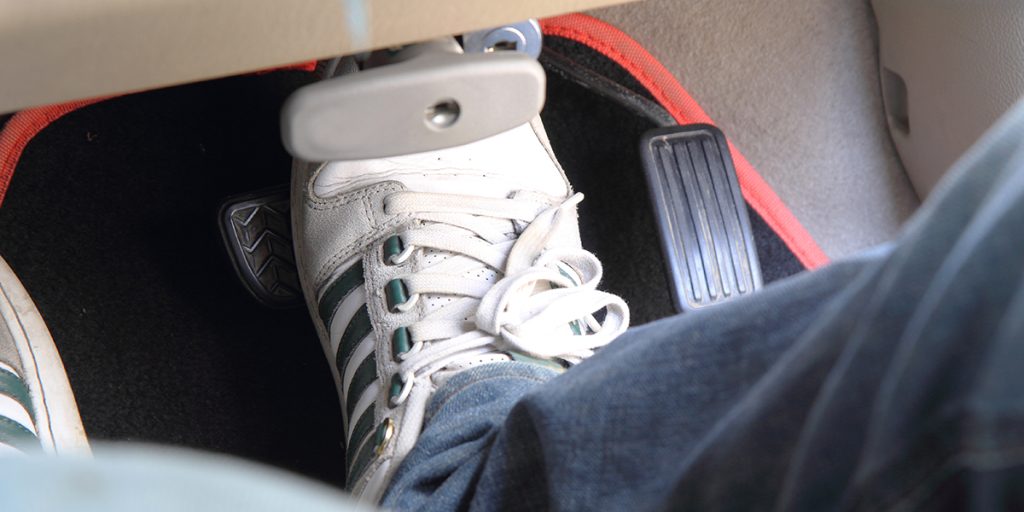
1. Start engine braking. To do this, you need to reset the gas pedal so that your car stops picking up speed and shift to a lower gear. You will notice how the rpm will rise sharply, but the speed will drop. Reduce speed gradually by shifting down. We note right away that it is impossible to switch sharply to first gear, since in this case there is a high probability of gearbox failure. You will give too much load, which neither the engine nor the gearbox can handle.
2. Depress the brake pedal anyway. Perhaps the remaining brake fluid will still speed up the braking process. Constant depressing of the brake pedal will allow you to continue to pressurize the brake system.
3. Start using the handbrake. It is important to do this as smoothly as possible so as not to give a sharp load, as the car can skid. Ideally, you should slow your car down a little by downshifting, and then begin to gently use the handbrake to decelerate. When the car is moving slowly enough, you can turn on the handbrake and release it to slow the car down.
4. Avoid other road users, including pedestrians. Try to go to a place where there are no obstacles, pedestrians and other cars, so as not to provoke an accident.
5. Take advantage of natural barriers. For example, while slowing down, try to drive up a hill, if there is one nearby. Thanks to this, natural forces will allow you to slow down.
6. If you are driving to an intersection, then be sure to start giving signals to other drivers. To do this, start honking, turn on emergency lights. It is important to use all available signals so that other drivers do not run into you.
Thus, you must make the maximum amount of effort to slow down. In fact, we hope that you will never find yourself in such a horrendous situation.
Additional Tips
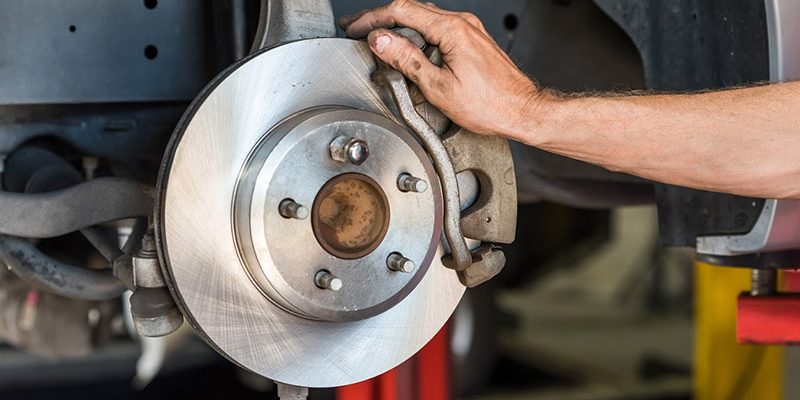
In order to avoid problems with the brakes, it is recommended to pay significant attention to the health of the system. To do this, it is necessary to regularly change all consumables, in particular, pads and brake fluid. It is very important to check the integrity of the system, such as brake hoses through which brake fluid flows. At the same time, it is recommended to undergo technical inspections, during which specialists will pay special attention to the integral and full-fledged operation of your machine. If you are well versed in the device of a car, then you can carry out all such replacements yourself.
